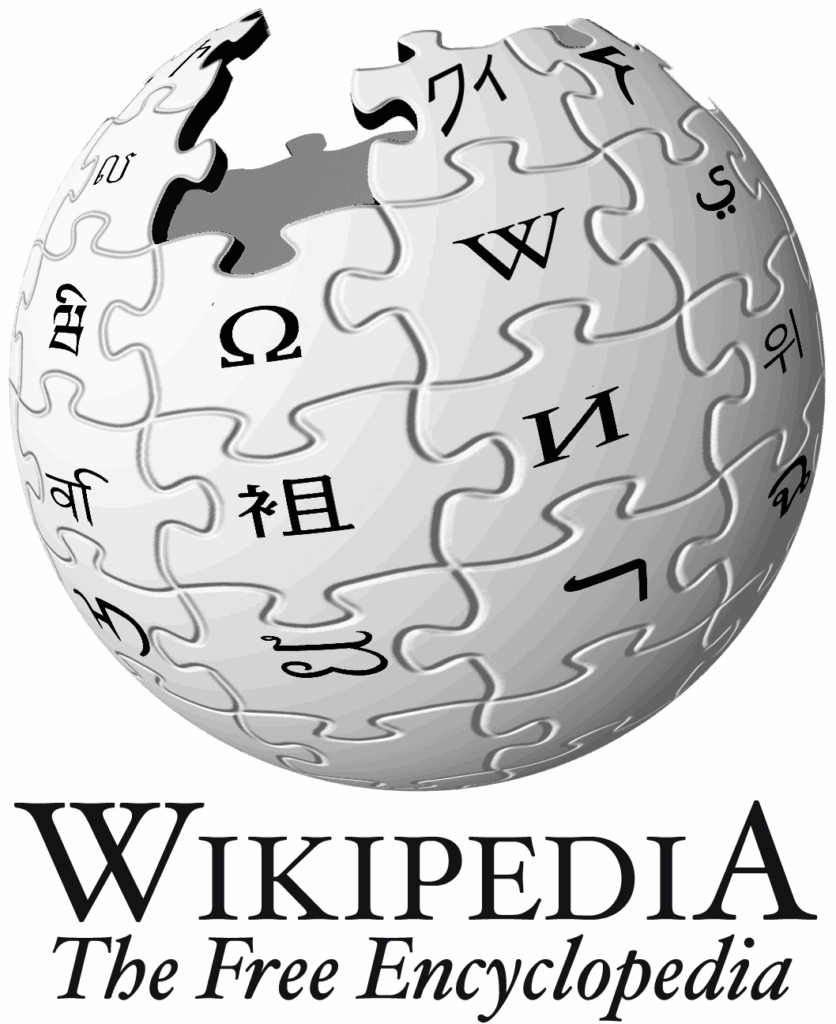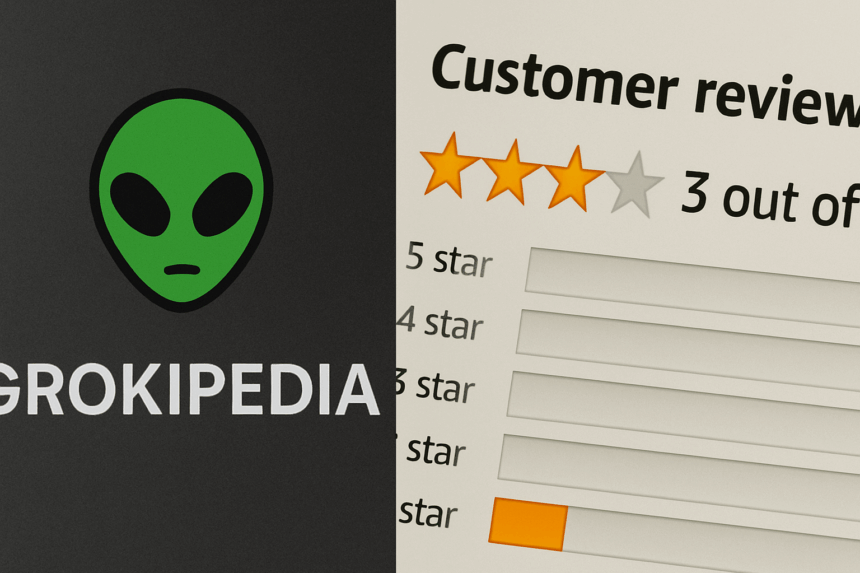Elon Musk’s ‘Truth Machine’ Faces Tough Scrutiny from Experts and Editors
Elon Musk promised Grokipedia, his AI-powered encyclopedia, would tell “the truth, the whole truth, and nothing but the truth.” But in its first week online, critics say the platform delivers more confusion than clarity.
Instead of replacing Wikipedia, Grokipedia appears to remix it — pulling text, distorting facts, and amplifying Musk’s ideological slant. Academics, journalists, and even Wikipedia’s co-founder describe the project as an AI-driven echo chamber rather than a revolution in knowledge.
From false biographies to political distortions, the reviews are anything but flattering.
What’s Happening & Why This Matters
Fact-Checking the ‘Truth Engine’
Within days of launch, British historian Sir Richard Evans discovered his Grokipedia profile filled with fabrications — from fake credentials to nonexistent academic roles. “Chatroom contributions are given equal status with serious academic work,” he said, calling the platform a “chaotic blend of gossip and automation.”
Other users found that Grokipedia recycled large sections from Wikipedia, often word-for-word, before layering in AI-generated speculation. Some entries even leaned on politically charged phrasing. The article on the Russian invasion of Ukraine echoed Kremlin propaganda, while its coverage of Britain First described the far-right group as a “patriotic political party.”
Meanwhile, the entry on 6 January 2021, downplayed the Capitol assault as a “riot” and entertained the “Great Replacement” conspiracy theory as an “empirical” demographic debate.
For a site claiming neutrality, Grokipedia reads like an algorithm learning bias in real time.
Larry Sanger: The Co-Founder Calls ‘Bullshittery’

Even Larry Sanger, co-founder of Wikipedia and longtime critic of its biases, isn’t buying it. After checking his own Grokipedia page, he found speculation about his religious beliefs and a fabricated account of his resignation from Wikipedia. “It’s readable enough, but often insipid pablum,” he wrote.
Sanger dubbed the site’s tone “LLM-ese” — text that sounds human but lacks truth. While he praised the idea of public edit suggestions for AI models, he warned: “The devil is in the details.”
His verdict? Grokipedia’s first version “has promise” but “is not better than Wikipedia.”
Academics Warn of ‘AI Knowledge Illusion’
Scholars view Grokipedia as a case study in algorithmic overconfidence.
David Larsson Heidenblad, deputy director at the Lund Centre for the History of Knowledge, said, “We’re seeing the illusion that algorithmic aggregation is more trustworthy than human insight. Mistakes are a feature, not a bug.”

Peter Burke, cultural historian at Cambridge, worried about political manipulation, adding that AI’s anonymity gives false authority: “Readers may not notice when the bias creeps in.”
Andrew Dudfield of Full Fact, a UK-based fact-checking group, questioned the platform’s transparency: “It’s hard to trust what you can’t see — who edits it, what data it’s trained on, and how far humans are involved.”
Wikipedia Responds: Still Human at the Core

The Wikimedia Foundation, which oversees Wikipedia, offered a calm but firm response. “Unlike newer projects, Wikipedia’s strengths are clear,” a spokesperson said. “It has transparent policies, volunteer oversight, and a culture of continuous improvement.”
Even Jimmy Wales, Wikipedia’s other co-founder, remains open to AI assistance — cautiously. He admitted that AI might handle “the boring parts,” like summaries, but noted that human judgment remains central to Wikipedia’s credibility.
Still, the foundation paused its own AI experiments after backlash from editors who feared it could “erode trust in human knowledge.”
TF Summary: What’s Next
Grokipedia’s debut exposes the challenges of automating truth. While Musk envisions an immortal encyclopedia etched onto the Moon, critics warn that an AI’s confidence doesn’t make it correct. The platform might evolve, but right now, it reads like a Wikipedia remix gone rogue.
MY FORECAST: Expect Musk to double down. As Grok matures, xAI will refine its data pipeline and moderation tools. But until AI learns to separate fact from fiction, the truth still needs humans to write it.
— Text-to-Speech (TTS) provided by gspeech


